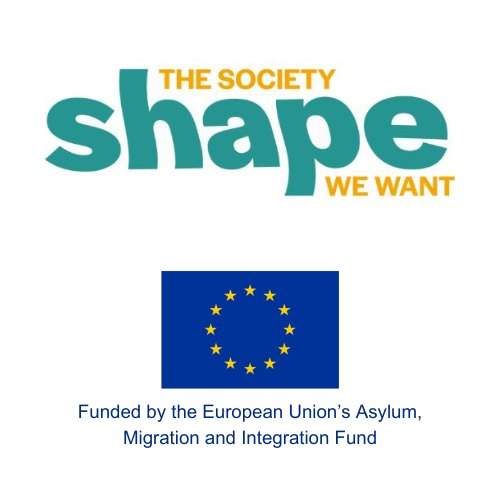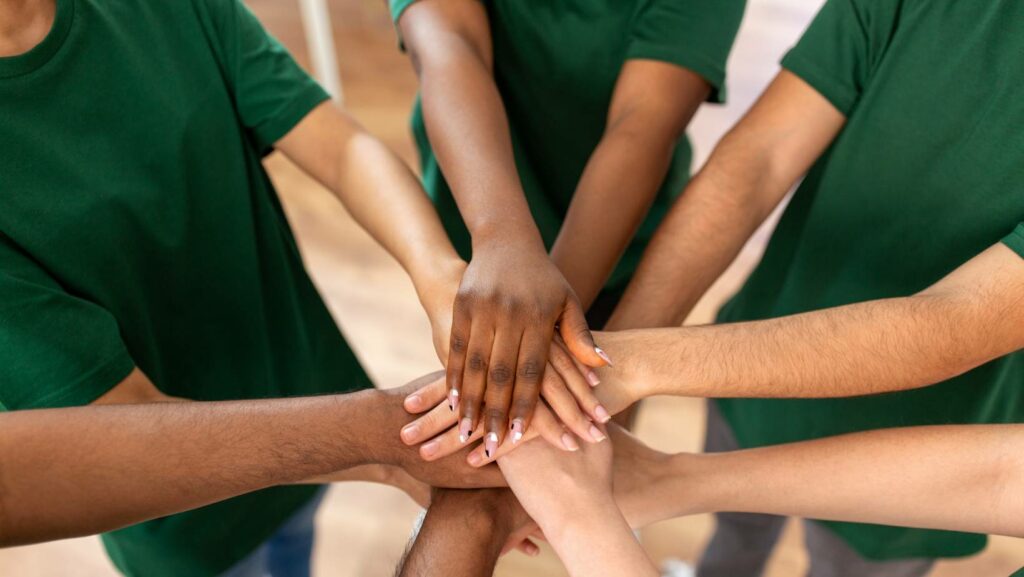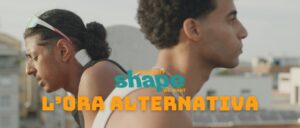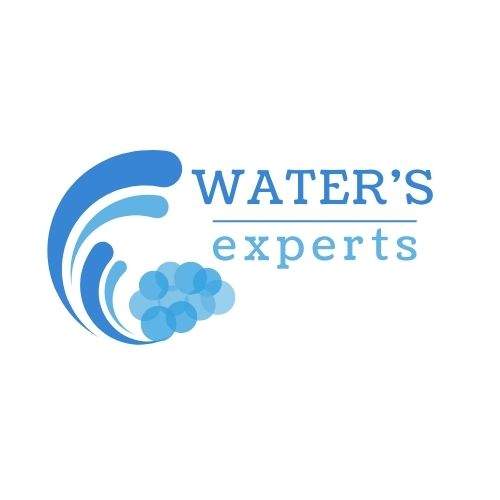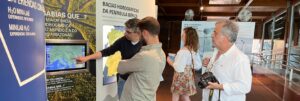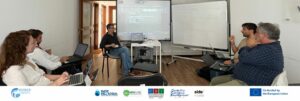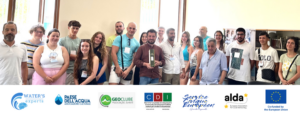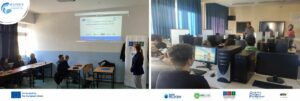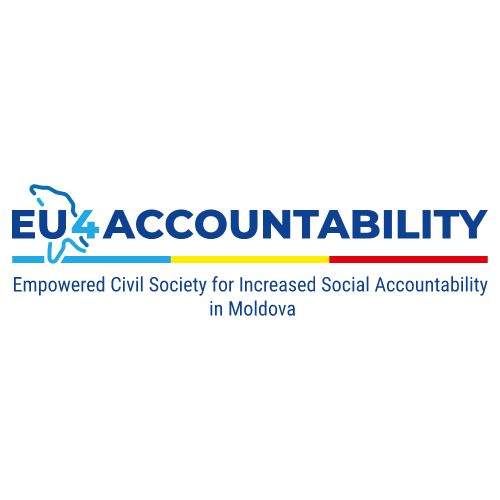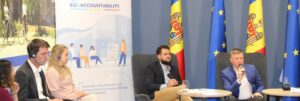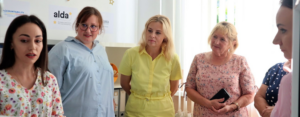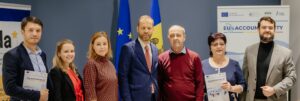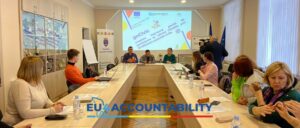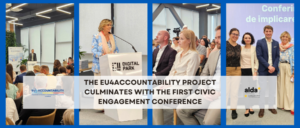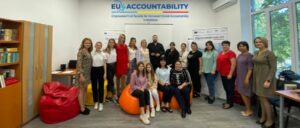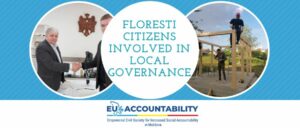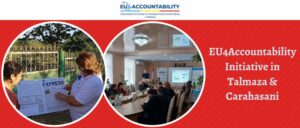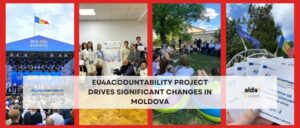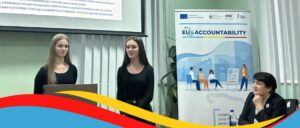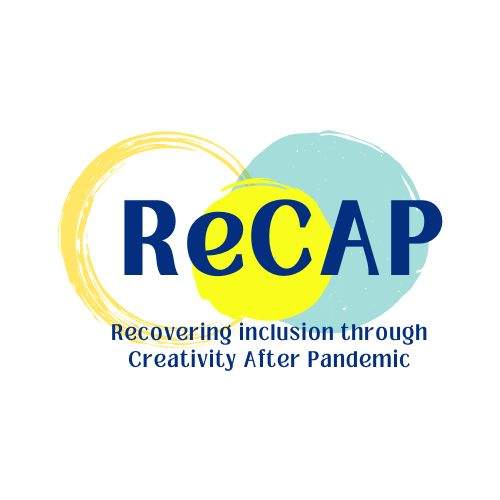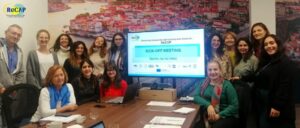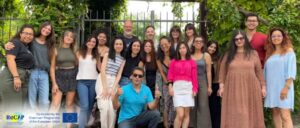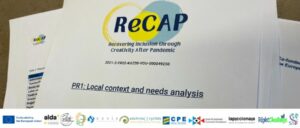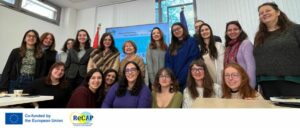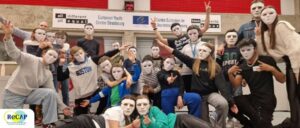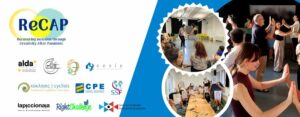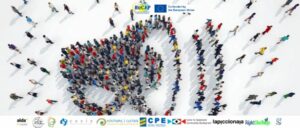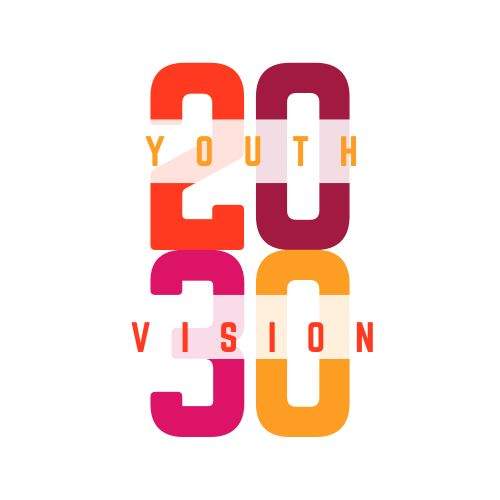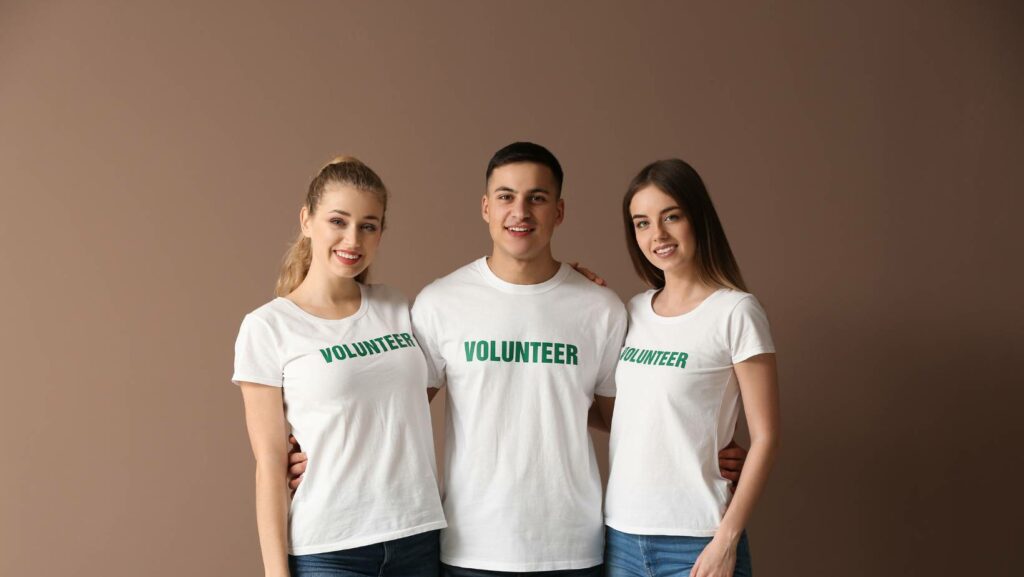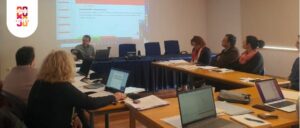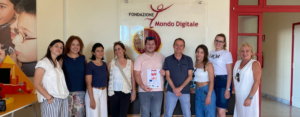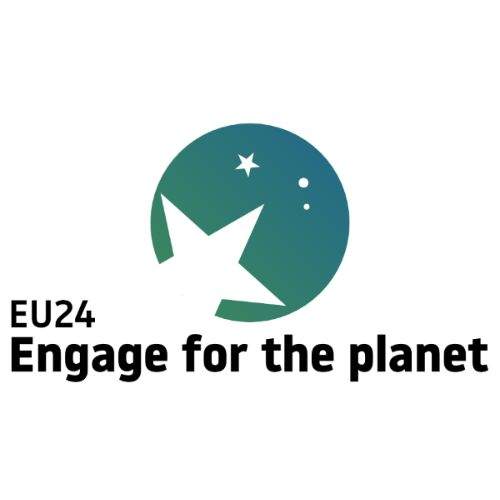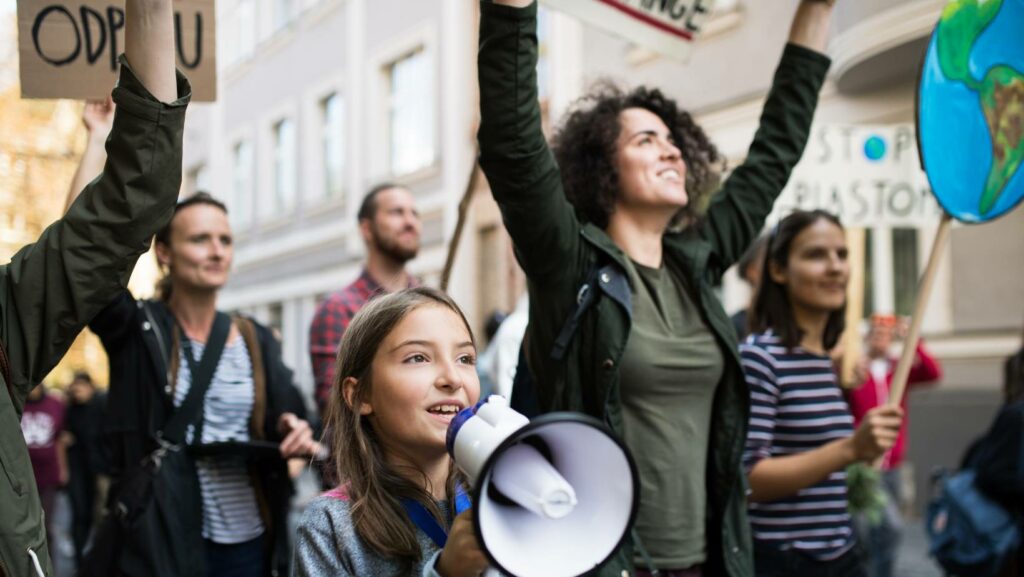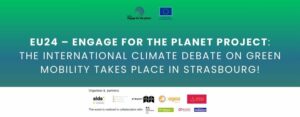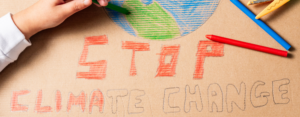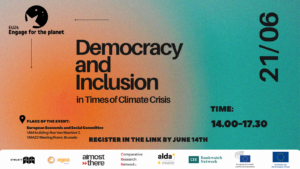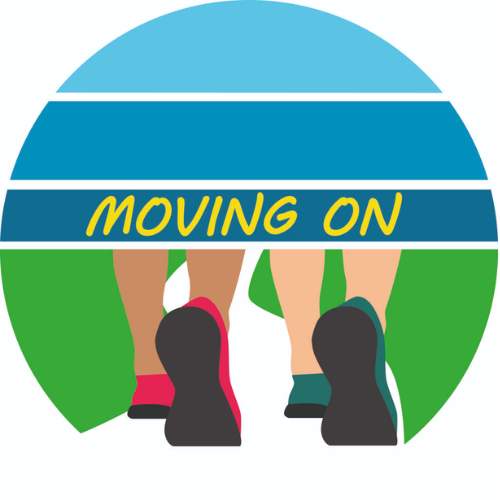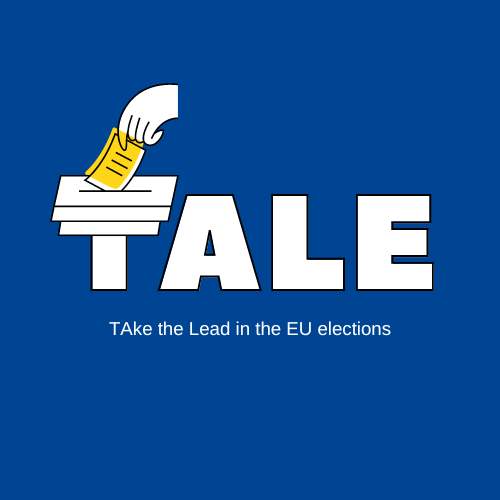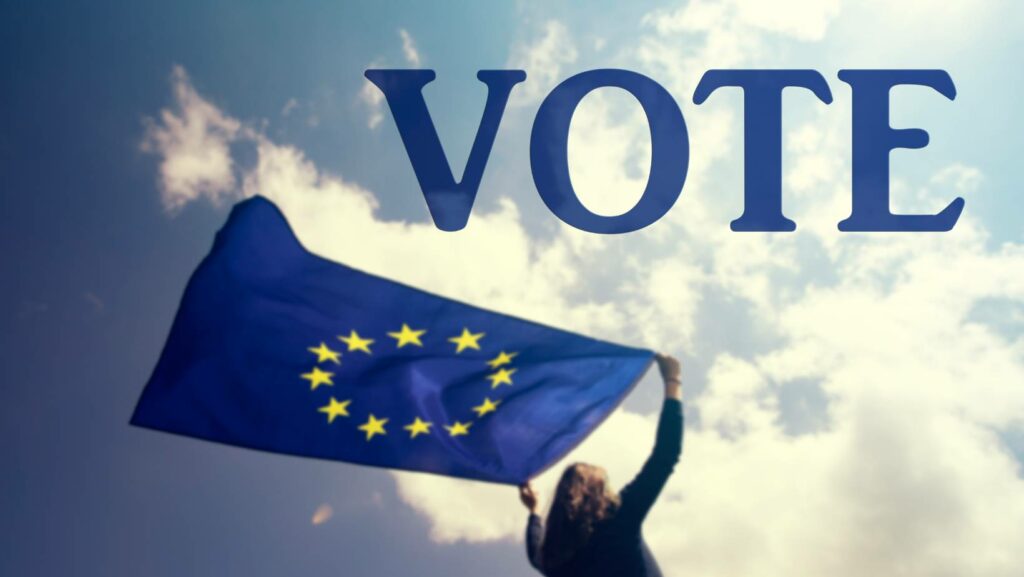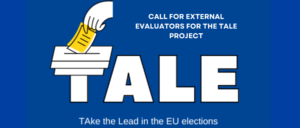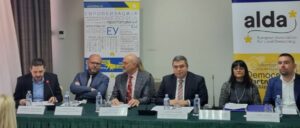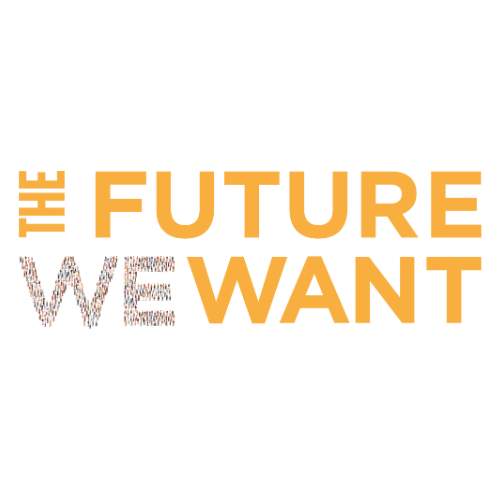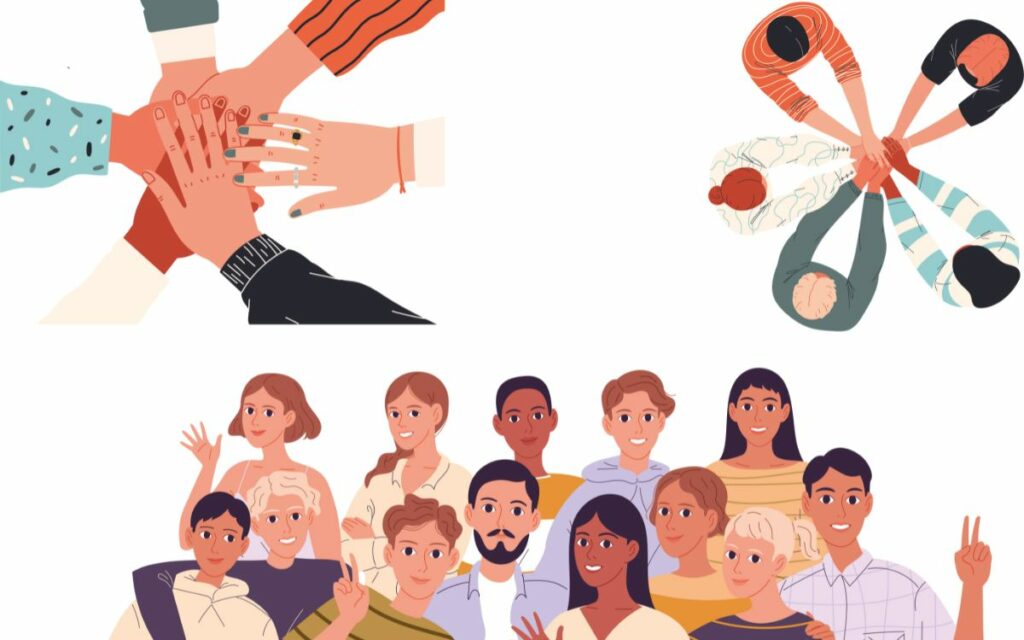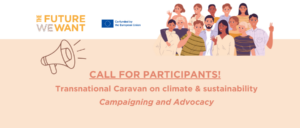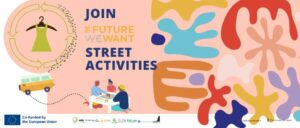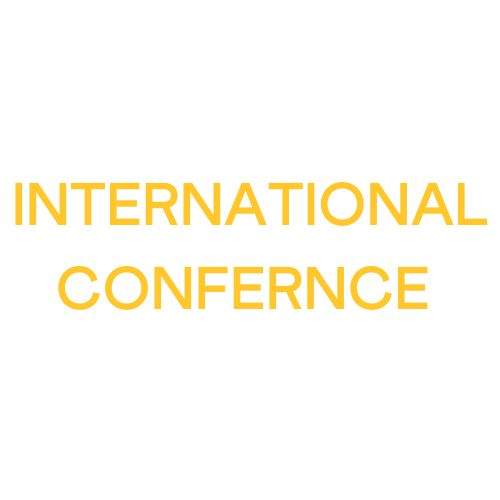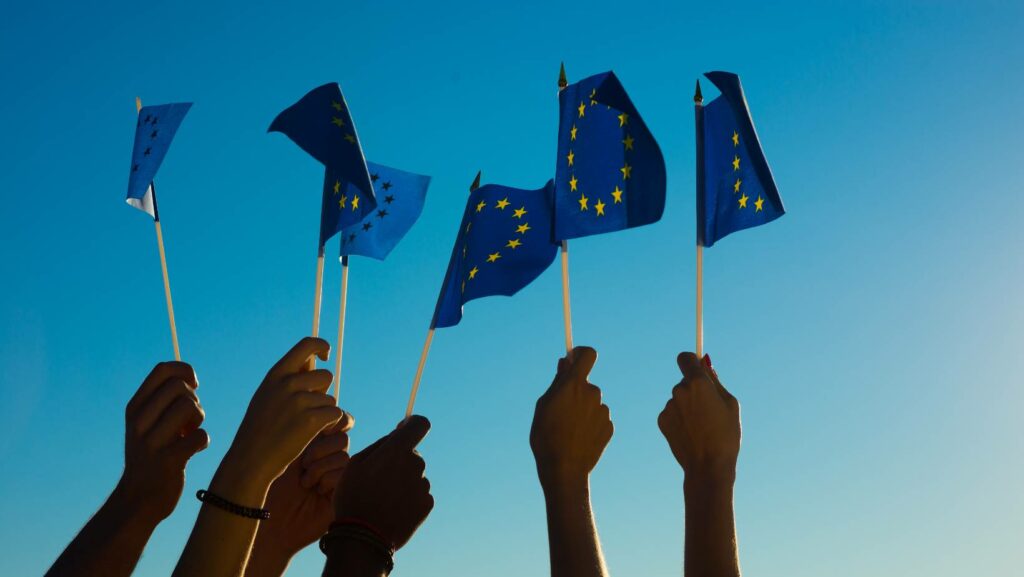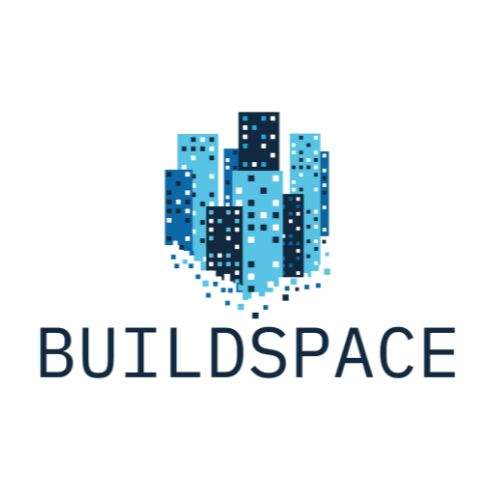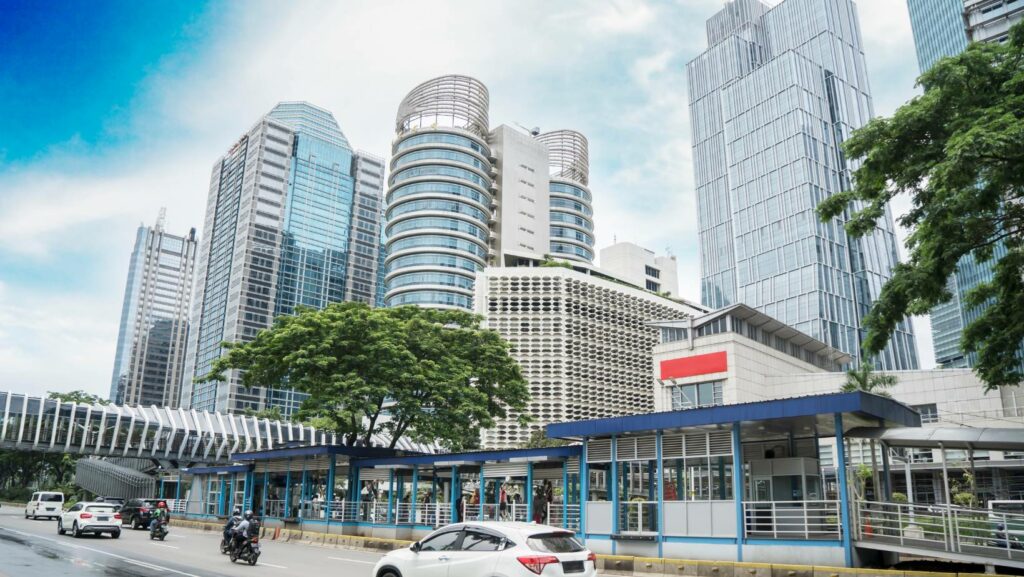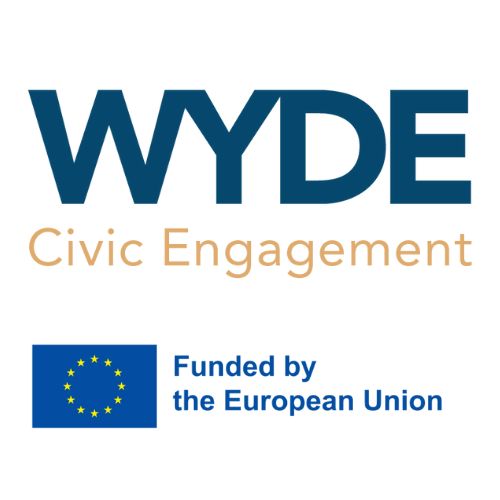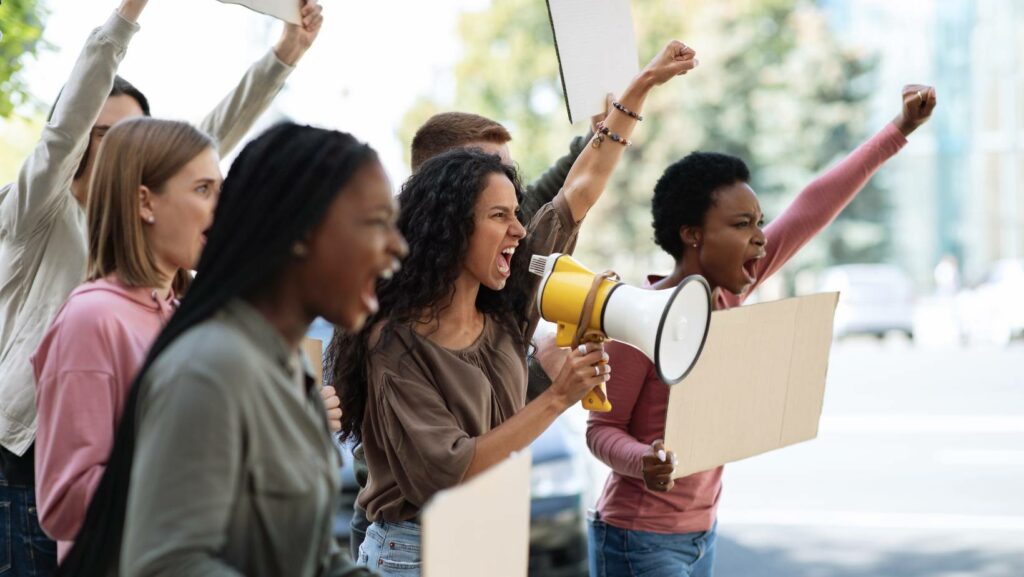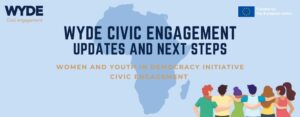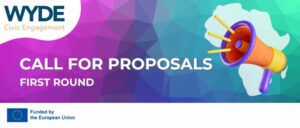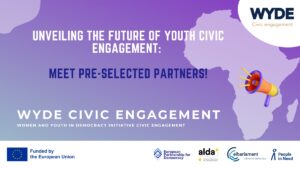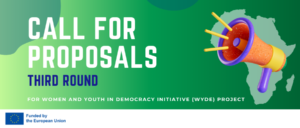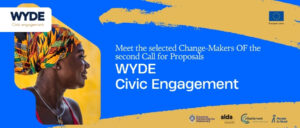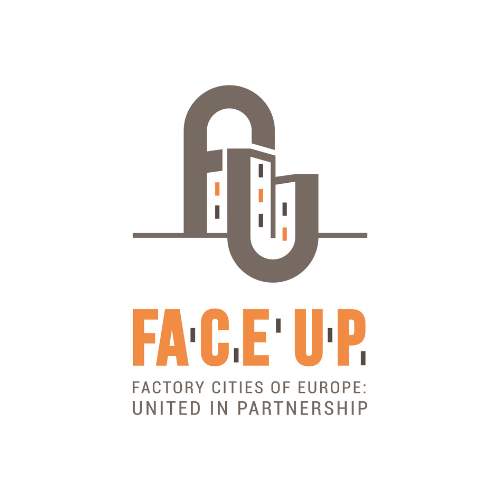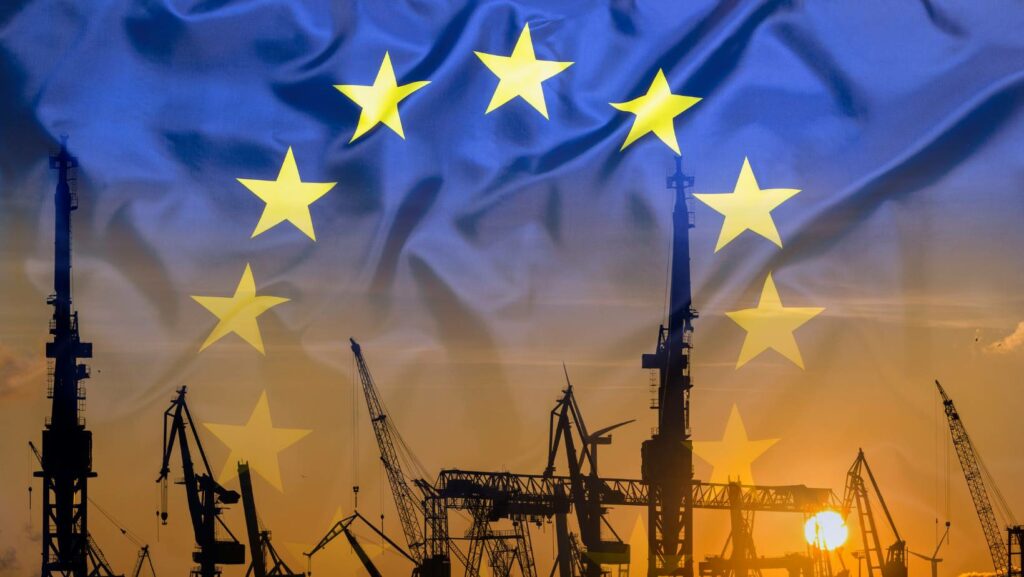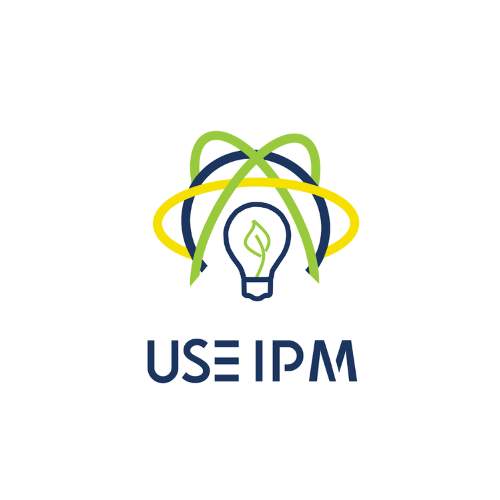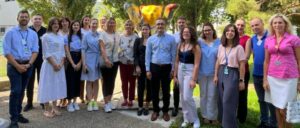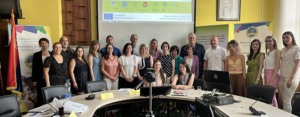Are you passionate about creating a world where conflicts are managed effectively, and peace is cherished? Do you firmly believe in the potential of collaboration, volunteering, and open dialogue as catalysts for ushering in positive change?
The International Peace Academy is a groundbreaking initiative hosted within the framework of the Erasmus+ project “PAVE – Peace Awareness through Volunteering and Education“. This inspiring endeavor will take place in the beautiful city of Zagreb, Croatia, from October 22nd to October 28th.
The project will focus on conflict management and raising awareness about the importance of peace. This extraordinary opportunity is extended to 60 young Europeans, aged 18 to 30, hailing from Bosnia, Croatia, Poland, France, Ireland, and Spain.
During this intensive 7-day program, participants will gain a comprehensive understanding of the history, root causes, as well as the social, economic, and cultural implications associated with three significant conflict scenarios: the Russian war against Ukraine, the Northern Ireland Conflict, and the conflict in the Balkans.
You now can apply for the PAVE International Peace Academy!
The overarching goal is to equip young individuals with the skills, knowledge, and tools required to address conflicts constructively and champion a culture of peace within their respective communities. Through dynamic and interactive workshops, engaging discussions, and hands-on activities, participants will delve into topics like conflict resolution, the historical context of conflicts in the pan-European region, fostering cultural understanding, and the vital role of peacebuilding.
The International Peace Academy is a cost-free endeavor for all participants. Not only is the PAVE staff going to arrange transportation and accommodation expenses, but will also provide breakfast, lunch, and dinner. Participants will enjoy accommodation at the Hotel Laguna in Zagreb from October 22, 2023, to October 28, 2023. The activities of the International Peace Academy will be held at the hotel or in its immediate vicinity.
Please take note of the application deadline, which is October 1st, 2023, for submitting your online application. The announcement of selected participants will be made on October 3rd, 2023.
This project is open to individuals aged 18 to 30 from Bosnia, Croatia, Poland, France, Ireland, and Spain. It’s important to note that the project will be conducted in English, so a strong command of the language is essential.
We eagerly await your applications and anticipate embarking on this transformative journey together!
The registration is mandatory and can be accessed here.
More details here.
